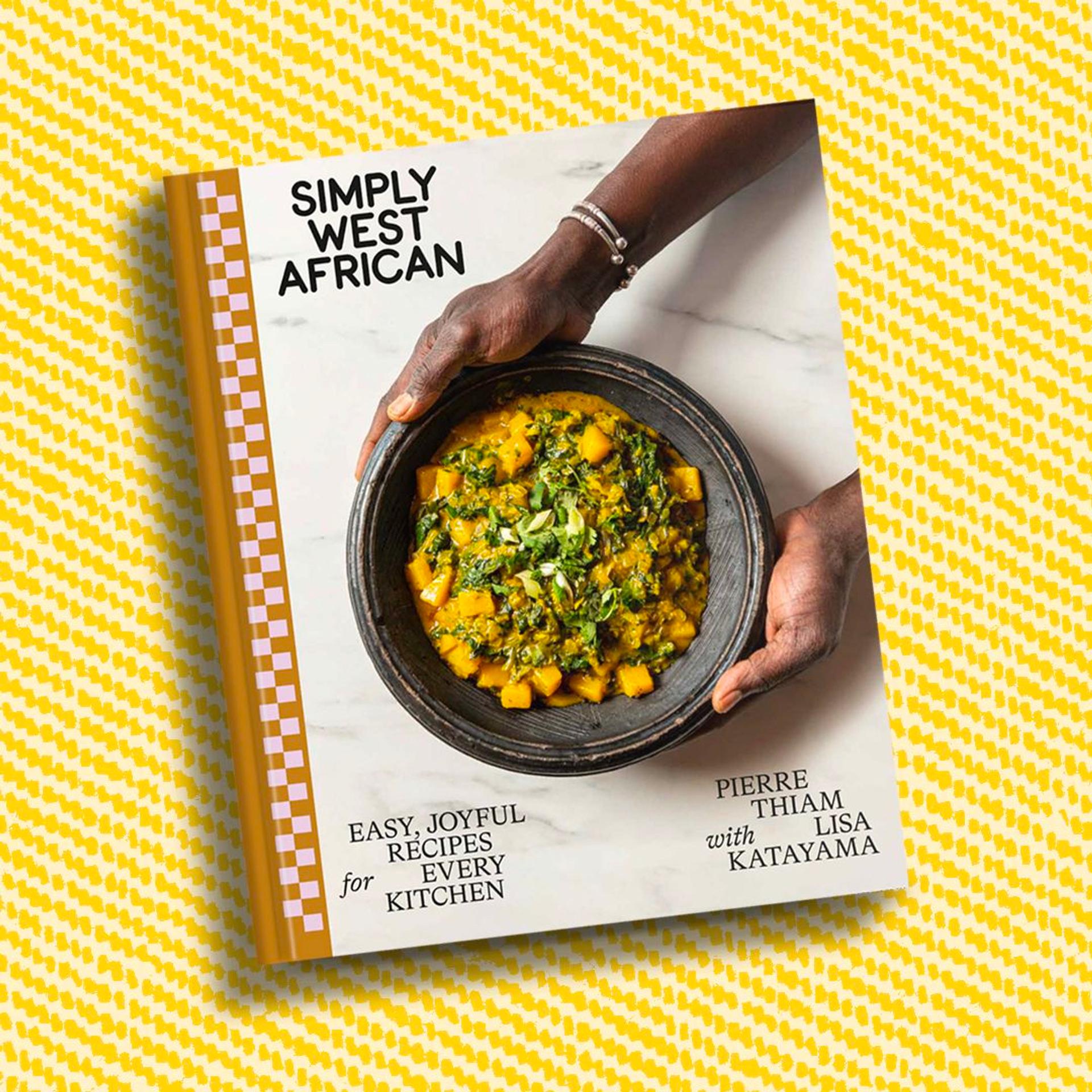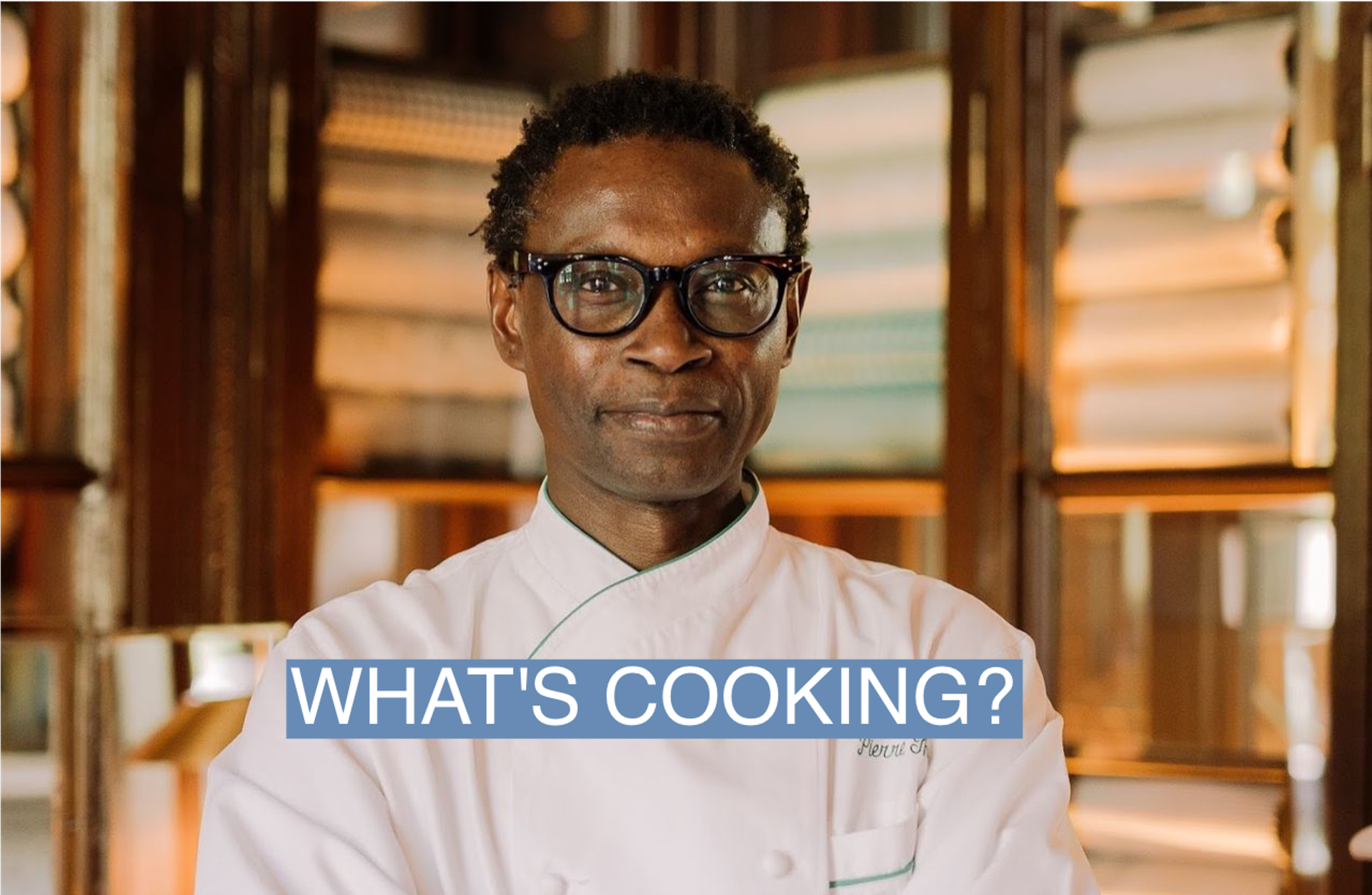The Facts
Pierre Thiam is a world renowned, award-winning Senegalese-American chef, restaurateur and author of four books. His most recent book is Simply West African, with Lisa Katayama, features recipes from the subregion. Thiam moved to New York from Dakar in the late 1980s where he worked in various restaurants and later co-founded Teranga, a fine-casual restaurant focused on selling food directly sourced from West African farmers.
Through his company, Yolélé, Thiam promotes smallholder farmers in the Sahel by opening new markets for their crops. His company’s signature product, Yolélé Fonio, which is a resilient and nutritious grain, is found in Whole Foods, Target, and Amazon.
Know More
💡 As an entrepreneur, what are some of the fundamental principles to succeeding in the food business?
First, creativity in order to offer an experience that appeals to the senses. Then, attention to details makes good service. Thirdly, good accounting: Every penny counts
💡 What sets West African cuisine apart on the global stage?
West African cuisine deserves greater recognition. It has influenced many regions in the world. Particularly the Americas, through The Middle Passage, where traces of our cuisine can be found everywhere from Southern food in the U.S to Latin America, the Caribbean, and even Mexican food. Further, West African cuisine is healthy and nutritious. The Lancet Report has ranked our traditional diet amongst the most nutritious and balanced in the world.
The West African pyramid of food is strongly plant-forward with at its base, leafy vegetables, root vegetables, vegetables, followed by pulses, beans and grains, fresh fruits, then higher up the pyramid we find animal proteins (fish or meats), then dairy and lastly, at the very top, the occasional sweets. It’s a healthy diet.
💡 With climate change threatening food ecosystems especially in sub-Saharan Africa, what are some of the best ways to preserve food culture?
When it comes to climate change, the biggest culprit is our global food system. Close to 30% of our planet’s greenhouse gas emission is caused by our food system. Our food system has roughly limited our diet to only four grains (rice, corn, wheat and soy), ignoring many other crops that are better for people and the planet.
For Africa, which has over 60% of the world’s arable land, the solution to tackling climate change challenges is to urgently invest in our small scale farmers. We still have hundreds of plant foods that are nutritious and resilient yet have no access to the market. We must also create value chains for climate-smart plant foods. The continent needs to steer clear of monoculture practices, and support small scale farmers by training them in better agricultural practices in order to increase their productivity.
💡 How easy has it been convincing mainstream U.S. stores like Whole Foods and Target to carry African origin foods?
It was not easy and in order to meet the required standards, we had to figure out multiple collaborations with various companies, from food importers to distributors.
Most importantly, we had to have a brand that would make our products stand out against the competition once in the marketplace.
💡 What advice do you typically give to aspiring chefs on the continent trying to follow in your steps?
Look for inspiration in your own cuisines. Travel in the countryside to learn about food from the terroir and be curious about food from other regions of the world.
Early in my career, I wanted my food to be inspired by the cuisines of my traditions. When I was starting out, as a young cook in the so-called food capital of the world (New York city), Africa was pretty much absent, except for the occasional Ethiopian restaurants. I saw this as an opportunity. Eventually, this journey led me to opening restaurants, writing cookbooks and launching an African food brand (Yolélé). Today, I consider myself a custodian for the cuisines of my origins.

💡 Do you have a favorite African chef?
I have friends who are doing great work out there, including: Kwame Onwuachi and Eric Adjepong in the US, Coco Reinarhz in South Africa and Burundi, Dieuveil Malonga in Rwanda, Michael Elegbede in Nigeria, and Christian Abegan in Cameroon and France.
💡 We have to ask you about jollof: as a person of Senegalese origin, who does it best?
Ha! It’s difficult (impossible) to be objective about this. Everyone thinks his mother makes the best jollof. The beauty of food is that it transcends borders. The jollof war highlights cultural unity within our beautiful diversity.
💡 What was the last book about Africa/by an African author you read and any thoughts?
I am presently reading Born In Blackness by Howard French. it’s a quite fascinating, time-traveling read highlighting the role Africa and Africans played in the making of the modern world. Next on my list is Frère d’Ames, a novel by David Diop that won the International Booker Prize. It’s about African soldiers during the First World War.
